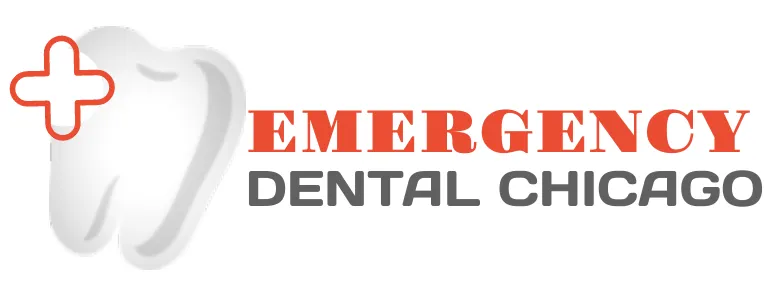Emergency Root Canal Treatment in Chicago
Get fast root canal treatment to stop tooth infection and save your smile. Expert endodontic care designed to preserve your natural tooth.
Emergency Root Canal Treatment Process
Root canal treatment isn’t always planned—sometimes, symptoms come on fast and require immediate emergency dental care. Ignoring the signs of an infected or severely damaged tooth can lead to more pain, abscesses, or even tooth loss. Here's how to recognize when a root canal might be needed right away.
Emergency Dental Evaluation
The process begins with a comprehensive exam and dental X-rays. Determine the extent of damage to the pulp or tooth root.
Accessing the Infected Pulp
Create a small opening in the top of the tooth to access the infected or inflamed pulp. Specialized tools are used to remove the damaged tissue, bacteria, and debris from the root canals.
Filling the Root Canals
After cleaning, the canals are filled with a biocompatible material called gutta-percha. This seals the tooth from the inside and helps maintain structural integrity.
Benefits Of Having Root Canal
When tooth pulp becomes infected or damaged, a root canal is often the best way to relieve pain and save your natural tooth. Thanks to modern techniques and advanced technology, root canal therapy is comfortable, effective, and highly successful.
Benefits of Saving Your Natural Tooth
While extraction might seem like a quick fix, keeping your natural tooth is almost always the better long-term option. Here's why:
Natural Look and Feel
Maintains Proper Bite and Alignment
Prevents Bone Loss
Avoids the Need for Replacement
Less Invasive
Benefits of Root Canal Treatment
When tooth pulp becomes infected or damaged, a root canal is often the best way to relieve pain and save your natural tooth. Thanks to modern techniques and advanced technology, root canal therapy is comfortable, effective, and highly successful.
Immediate Pain Relief
Stops the Spread of Infection
Preserves Your Natural Tooth
Restores Function and Comfort
Cost-Effective Long-Term Solution
Home Remedies Before Root Canal Treatment
If you're experiencing severe tooth pain, swelling, or sensitivity, you may need a root canal—but what can you do until you see the dentist? While home remedies won’t cure the problem, they can help manage symptoms temporarily and reduce discomfort before professional treatment.
Salt Water Rinse
Rinse your mouth with warm salt water (½ teaspoon salt in a glass of warm water) to reduce inflammation, cleanse the area, and promote healing. Repeat several times a day.
Cold Compress
Apply a cold pack or ice wrapped in a cloth to the outside of your cheek near the painful tooth. Use in 15-minute intervals to help numb pain and reduce swelling.
Over-the-Counter Pain Relievers
Medications like ibuprofen or acetaminophen can relieve pain and reduce inflammation. Avoid aspirin if you’re experiencing bleeding.
Clove Oil
Clove oil contains eugenol, a natural numbing agent with antibacterial properties. Apply a small amount to a cotton ball and place it on the affected tooth (avoid swallowing). Use sparingly and with caution.
Avoid Extreme Temperatures and Pressure
Stay away from very hot or cold foods and beverages, and chew on the opposite side of your mouth to prevent further irritation or pain.
Keep Your Mouth Clean
Brush gently around the affected area and avoid sugary or acidic foods that may worsen infection. Oral hygiene is key to slowing down bacterial growth until treatment.

Save Your Tooth with Expert Root Canal Treatment
Call today to schedule a consultation or same-day emergency visit. Your smile is worth saving!
Open 24-Hours • All Insurance/Medicaid Accepted • Walk-ins and By Appointment Available
Emergency Dental Clinics Of Chicago
Providing 24/7 immediate dental care to Chicago neighborhood.
24/7 Emergency Support
(877) 462-0628
Contact us for any of your inquiries regarding emergency dental.
© 22025 Emergency Dental Clinics Of Chicago. All rights reserved.
